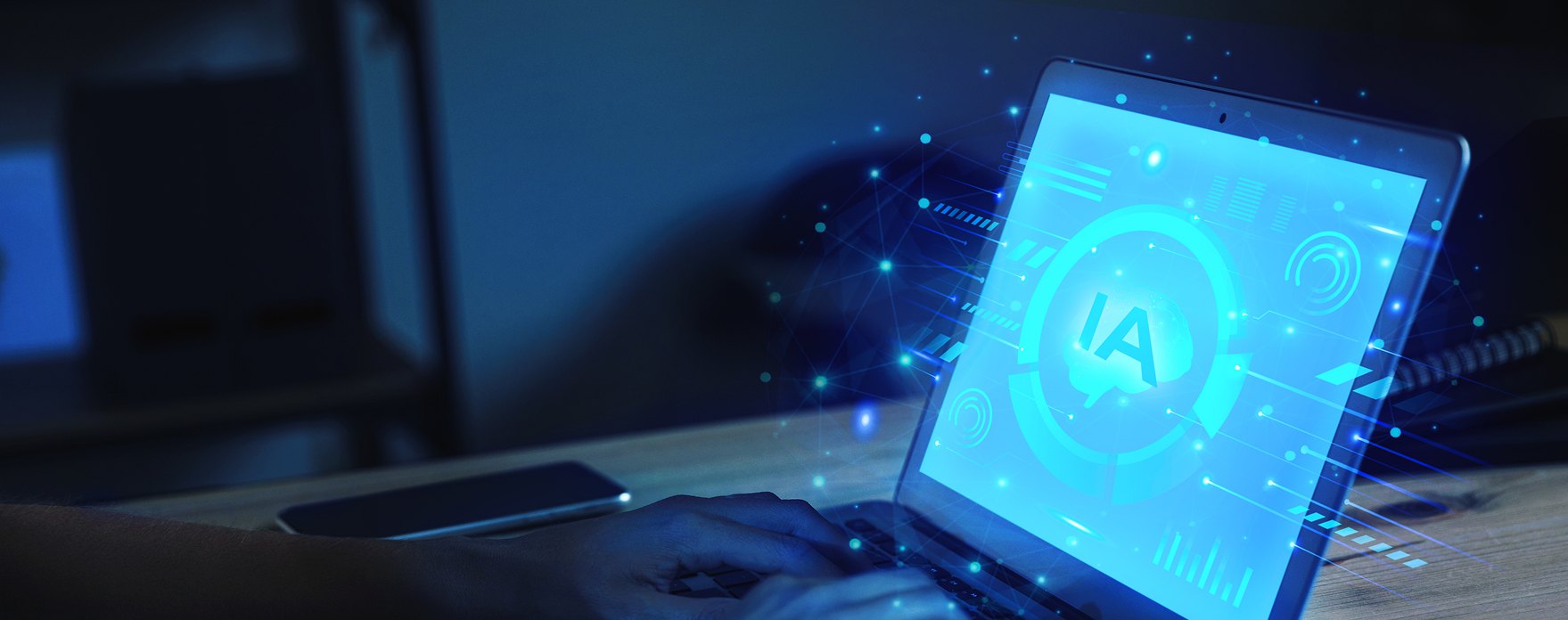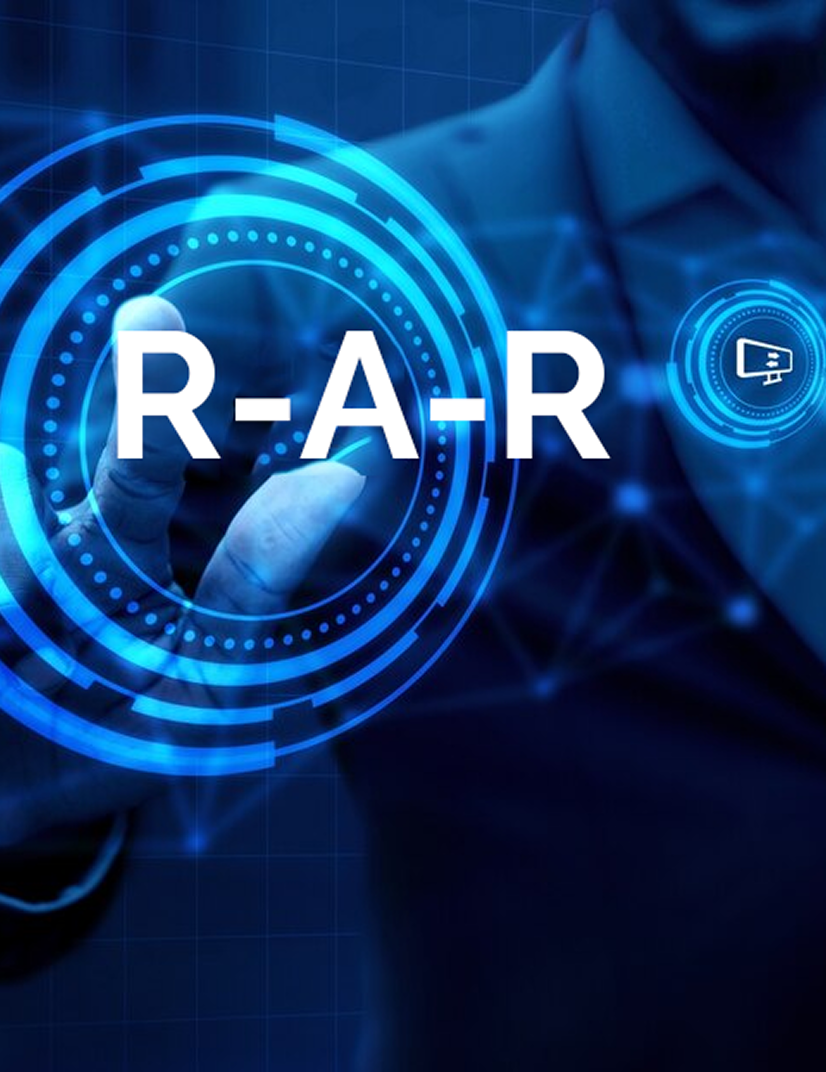The R-A-R
AI Framework
The R-A-R framework is designed to enhance metacognitive knowledge and abilities, supporting
deep learning by helping students build comprehensive schemas and apply concepts in new
contexts. Learners progress through distinct phases: Review, Action, and Reflection.
In the Review phase, students revisit concepts and ensure a solid foundational understanding
before engaging in tasks. The Action phase focuses on applying theoretical knowledge to
real-world problems or simulated scenarios. The emphasis is not on arriving at the correct
answer but on understanding the underlying processes and building transferable skills.
Students are encouraged to reflect on learning objectives, new terminology, and effective
strategies as they consolidate their knowledge for future use.
During the Reflection phase, learners examine the cognitive strategies they employed,
analyzing what worked, what didn’t, and how improvements can be made. This stage also
involves discussions between students and educators about both the solutions and the
reasoning behind them (Mara, 2010). Students consider how newly acquired knowledge and
techniques can be adapted to various situations, reinforcing their understanding and
developing self-awareness in learning.
The key to success lies in motivating students to evaluate their strategies and plan for
improvement. The R-A-R framework supports metacognitive development by encouraging
consistent review, active engagement, and thoughtful reflection. It helps students become
more aware of their personal learning and problem-solving styles.
Additionally, the R-A-R framework can be further strengthened through integration with
programs like Feuerstein's Instrumental Enrichment Program (Feuerstein, Rand, Hoffman, &
Miller, 1980), which emphasizes cognitive and metacognitive growth. Both models align in
promoting structured activities that nurture self-control, self-awareness, and strategic
learning.




